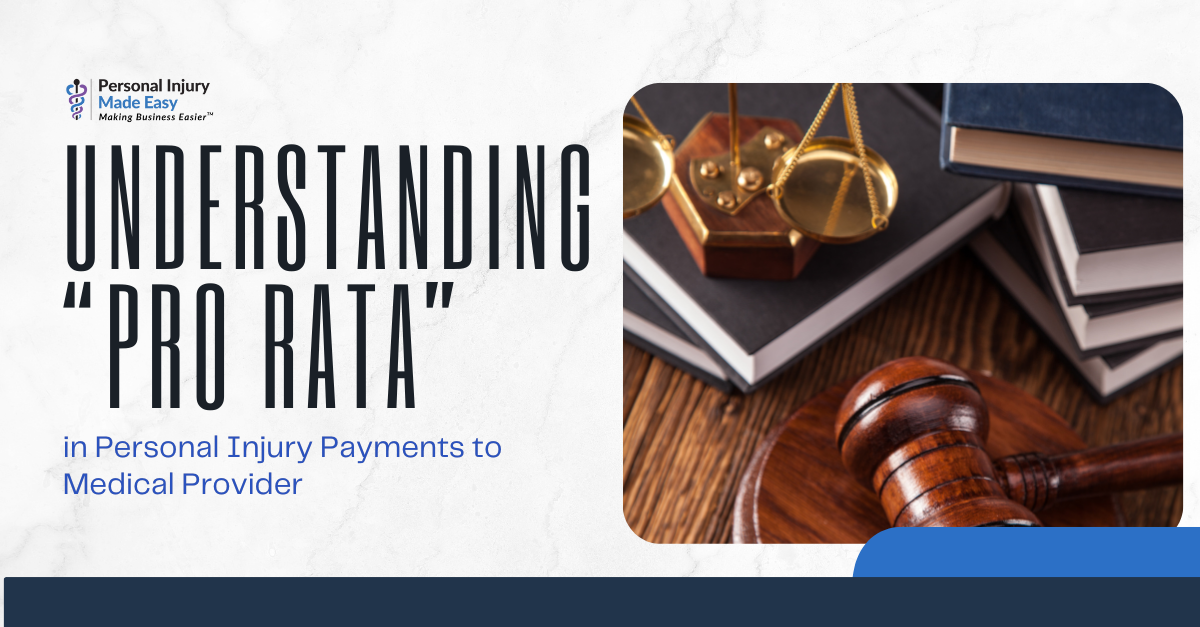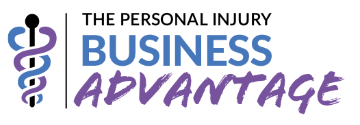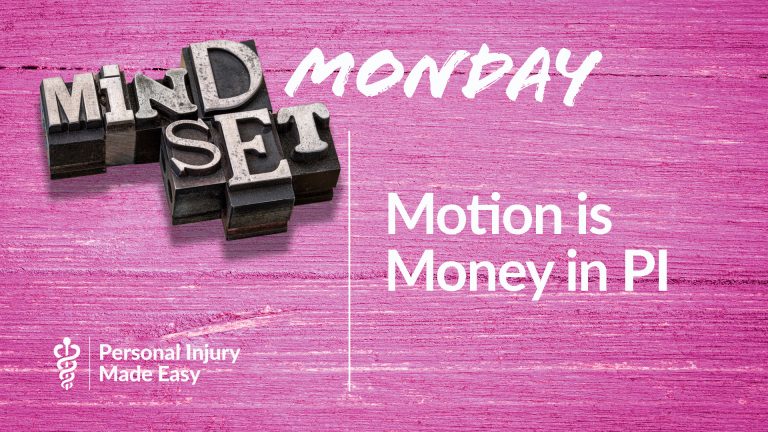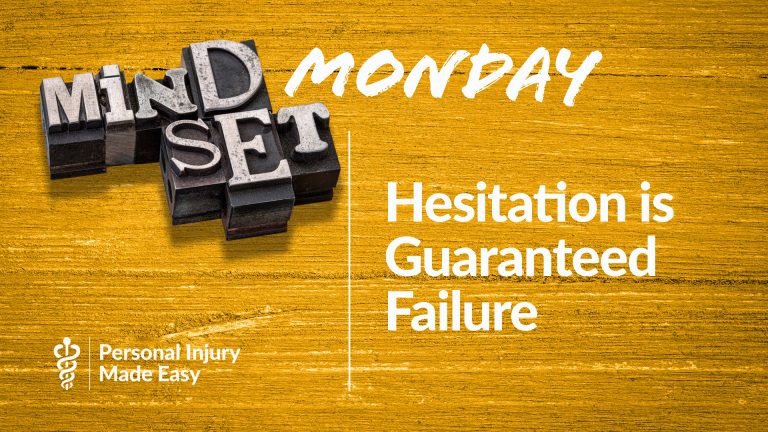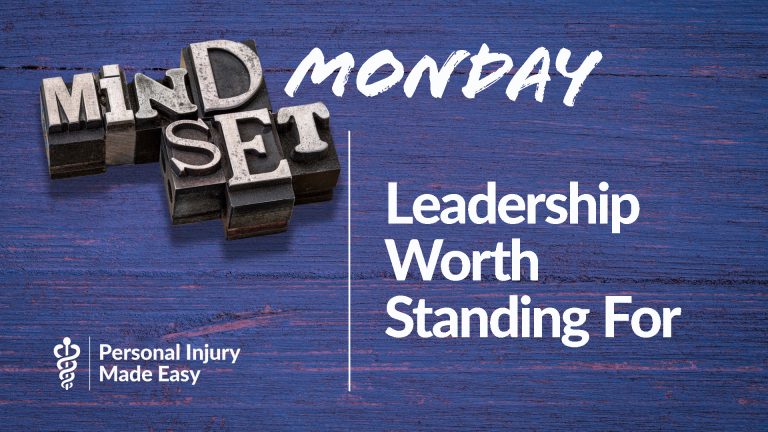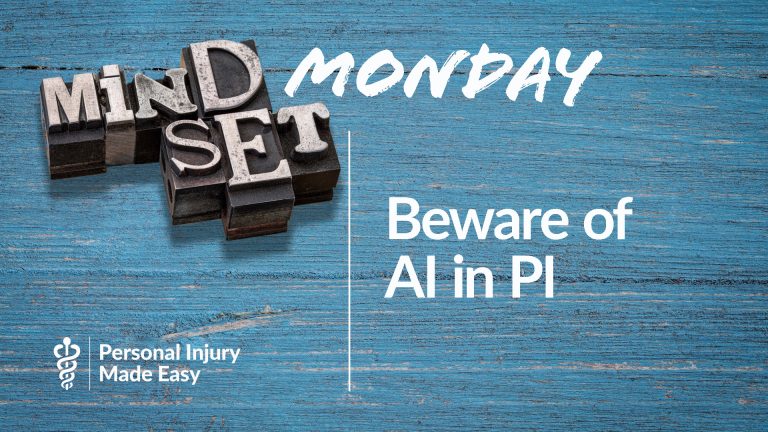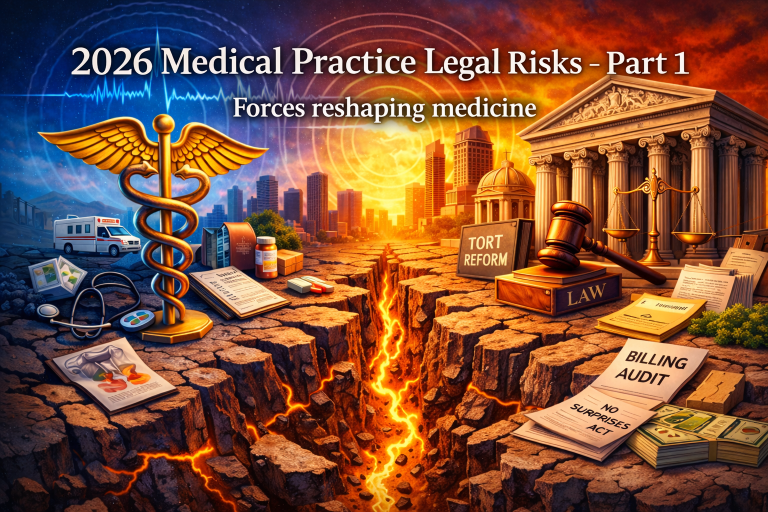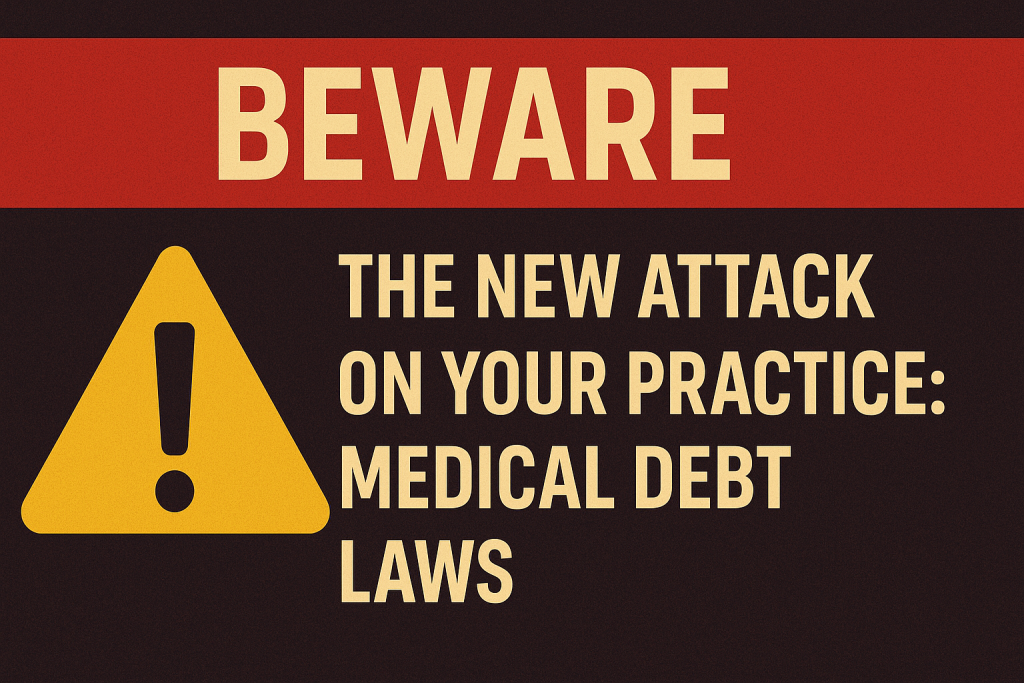
Void Where Prohibited: The New War on Medical Debt & Independent Practices
The New Attack on Independent Medicine by Turning Your Billing Rights into Legal Landmines
There’s a quiet but aggressive movement sweeping across the country. It’s not coming from insurers, plaintiffs’ attorneys, or even federal regulators. This time, the attack is coming from your own state legislature — and it’s dressed up as consumer protection.
But the real victim? Independent medical practices like yours.
Let me be very clear: a new trend is emerging in state law often referred to as Medical Debit Collection Limitation Laws. And it’s putting your revenue, your risk exposure, and your very survival at stake.
The Laws Seem Targeted at Big Bad Hospitals … But You’re in the Crosshairs
The legislative justification starts with high hospital bills, pharmaceutical price gouging and medical debt being the highest consumer debt in the country. That’s the bait.
But the twist is that these laws are written so broadly, they apply to virtually all healthcare providers, including you; the local, independent, ethical, small medical practice.
Here is the kicker: violating these new rules could result in your entire medical bill being declared void and unenforceable. This consequence is not hypothetical; it is explicitly stated in the law.
Two States Leading the Recent Charge: New Jersey and California
15 states to date (as of August, 2025) have statutes on medical debt reporting that go into effect this year or on January 1, 2026. The remaining statutes were effective during the past two years (2023 or 2024). Here is a listing of the all 15 states and the year it went into effect: California (2025), Colorado (2023), Connecticut (2024), Delaware (passed June 30, 2025 and awaiting the governor’s signature), Illinois (2025), Maine (2025), Maryland (2025), Minnesota (2024), New Jersey (2024), New York (2023), Oregon (goes into effect January 1, 2026), Rhode Island (2025), Vermont (2025), Virginia (2024), Washington(2025).
Let’s get specific.
New Jersey: The Medical Debt Relief Act
- Signed into law July 22, 2024, by Governor Phil Murphy.
- Limits interest on medical debt to 3%.
- Requires 120-day delay before initiating collections.
- Mandates offering “reasonable payment plans.”
- Prohibits reporting medical debt to credit bureaus.
- Violations = debt extinguished. That’s right — erased. Gone.
California: Even More Aggressive
- Effective July 1, 2025, Signed into law by Governor Gavin Newsom.
- Similar rules to NJ with some slight variations, but with one terrifying twist:
All financial agreements signed on or after July 1, 2025 must include this exact phrase:
“A holder of this medical debt contract is prohibited by Section 1785.27 of the Civil Code from furnishing any information related to this debt to a consumer credit reporting agency.”
Omit that sentence? The debt is void. Period.
That includes in my opinion, personal injury lien agreements and bills so-called protected by letters of protection if you read these provisions broadly. This isn’t a compliance technicality. This is a financial death trap.
Why This Is So Dangerous
- These laws create landmines in your everyday paperwork.
- They give a financial bailout to patients who benefited by your services even when you treated properly and billed reasonably.
- They put the entire burden of compliance on your shoulders.
- They turn billing missteps into license violations (in California) or statutory fraud (in New Jersey).
- And worst of all, the penalties are extreme and unforgiving. Not just fines, but your entire bill wiped out.
What You Need to Do Right Now
Update Your Financial and PI Lien Agreements
• Add all mandatory disclosure language immediately.
• Apply broadly. Not just to insurance patients, but also cash and PI patients.
Retroactive Notices
• If you’re in New Jersey or California and you’ve already signed patients without following the mandates post-effective date, consider sending a follow-up notice with the mandated disclosure.
• Keep proof you sent it to your patient, and better, that they received it. That may give you a “substantial compliance” defense if challenged.
Consult a Healthcare Attorney Licensed in Your State Laws
• Compliance is not optional. It’s mandatory.
• State specific healthcare attorneys are your best guide.
• Get their advice, and be proactive in your forms, notices, manuals and operations.
ALL PROVIDERS: Monitor Your Own State
• These laws are contagious. Your state could be next.
• Look for similar bills in legislative committee.
• And if you find one, speak up early. Bring it to the attention of your state association. Rally others. Once it passes, it’s often too late to undo the harm.
Closing: Don’t Be Late to the Table
You are already battling to keep your doors open for so many reasons: dealing with insurance delays and denials, rising overhead, difficult PI attorneys, cash-strapped consumers, and compliance burdens.
But now you have another enemy: state legislation that sounds noble but punishes the good guys.
Hospitals and pharmaceuticals may have triggered the fire, but you’re being burned.
Get your house in order. Comply if in a state with these laws. And if not, watch your legislature. Protect your livelihood. Because this is a growing national trend and ignorance will cost you everything. Don’t be late to this dinner table, or you may not realize you are on the menu.




